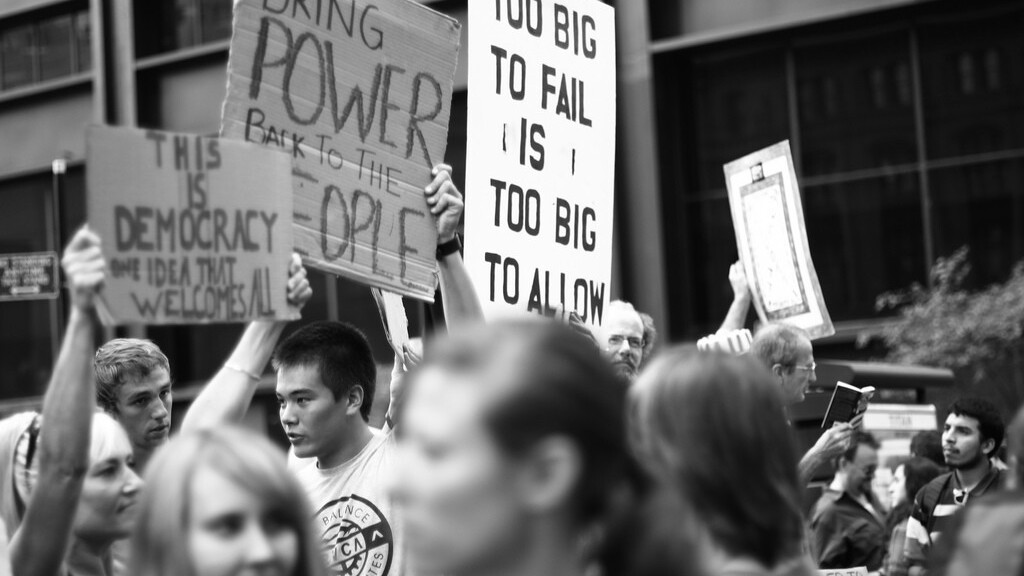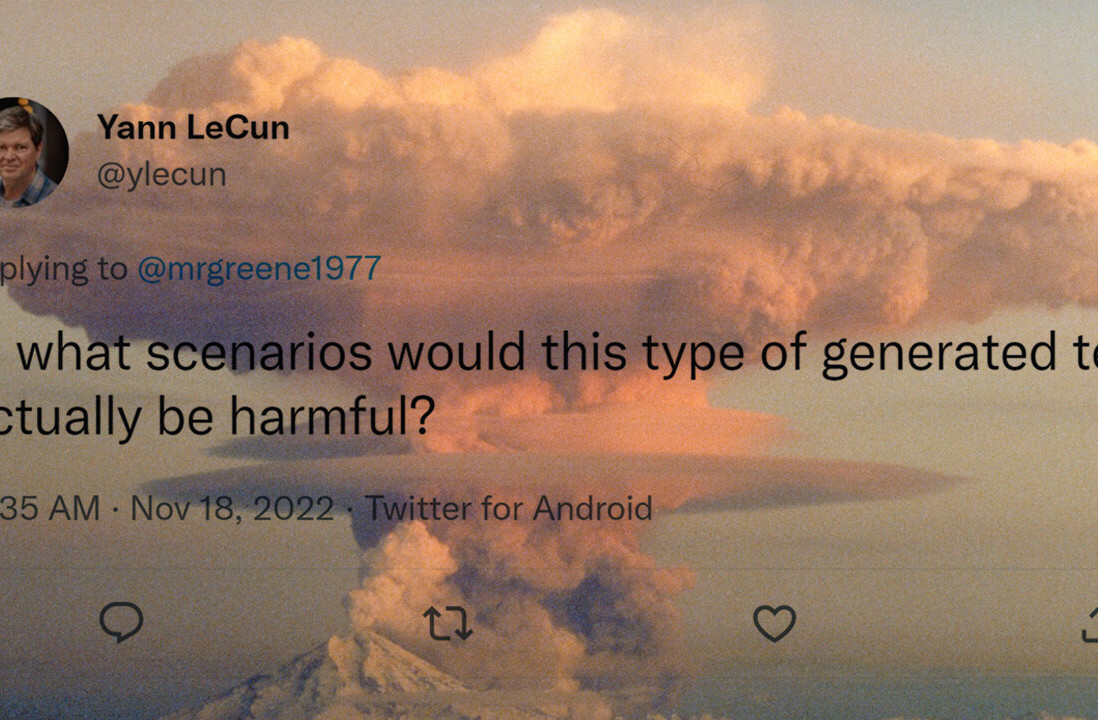
You might remember, back in July, when a New York judge ruled that Twitter had to turn over three months’ worth of tweets that were written by user Malcolm Harris, known by his Twitter handle of @destructuremal. Harris was alleged to be an active participant in the Occupy Wall Street (OWS) movement, charged with disorderly conduct stemming from a march on October 1st of last year. Today, it seems, Twitter is filing an appeal to the ruling, according to paperwork archived by the American Civil Liberties Union (PDF).
The issue of the appeal alleges that Harris’ fourth-amendment rights were violated, and that he further would have been protected under New York’s own constitution should the government cede that Harris’ tweets were not publicly available. In whole, Twitter is filing on six points that it feels violated Harris’ rights, or otherwise give him ground to appeal the decision.
“This case is one of first impression and involves law enforcement’s increased use of information from social media companies in criminal prosecutions. In orders issued on April 20 and June 30, 2012, the Criminal Court of the City of New York ruled that (1) only Twitter, not its users, have standing to move to quash subpoenas directed to Twitter for a user’s records; (2) a user’s “Tweets” are not protected by either the Fourth Amendment to the U.S. Constitution or art. I, § 12 of the New York Constitution; and (3) the subpoenas at issue are “sufficiently circumscribed” under New York law. Twitter appeals from each of these rulings.”
Essentially Twitter alleges that Harris did indeed have a proprietary interest in his Twitter records, and the Court failed to recognize this interest. Further it alleges that Harris was indeed protected under the Federal Stored Communications Act, and indeed that there are many other cases that establish his position in a third-party subpoena. Perhaps most importantly though is the fifth question, in which Twitter says that the court ruled that his tweets were not protected under his fourth-amendment rights. The final question is whether or not the tweets were publicly available, to which the court had previously ruled that they were not available in advance of the trial, which Twitter denies.
The full appeal is embedded below, though Twitter is quite clear in its expectations:
“Twitter respectfully requests that the Court reverse the trial court’s Orders of April 20, 2012 and June 30, 2012 and issue an order that (1) finds that Twitter’s users have standing under New York and/or Federal law to move to quash subpoenas for their Twitter records, and (2) quashes the subpoenas for Defendant’s Twitter records in their entirety.”
Image: DoctorTongs via Flickr
Get the TNW newsletter
Get the most important tech news in your inbox each week.




